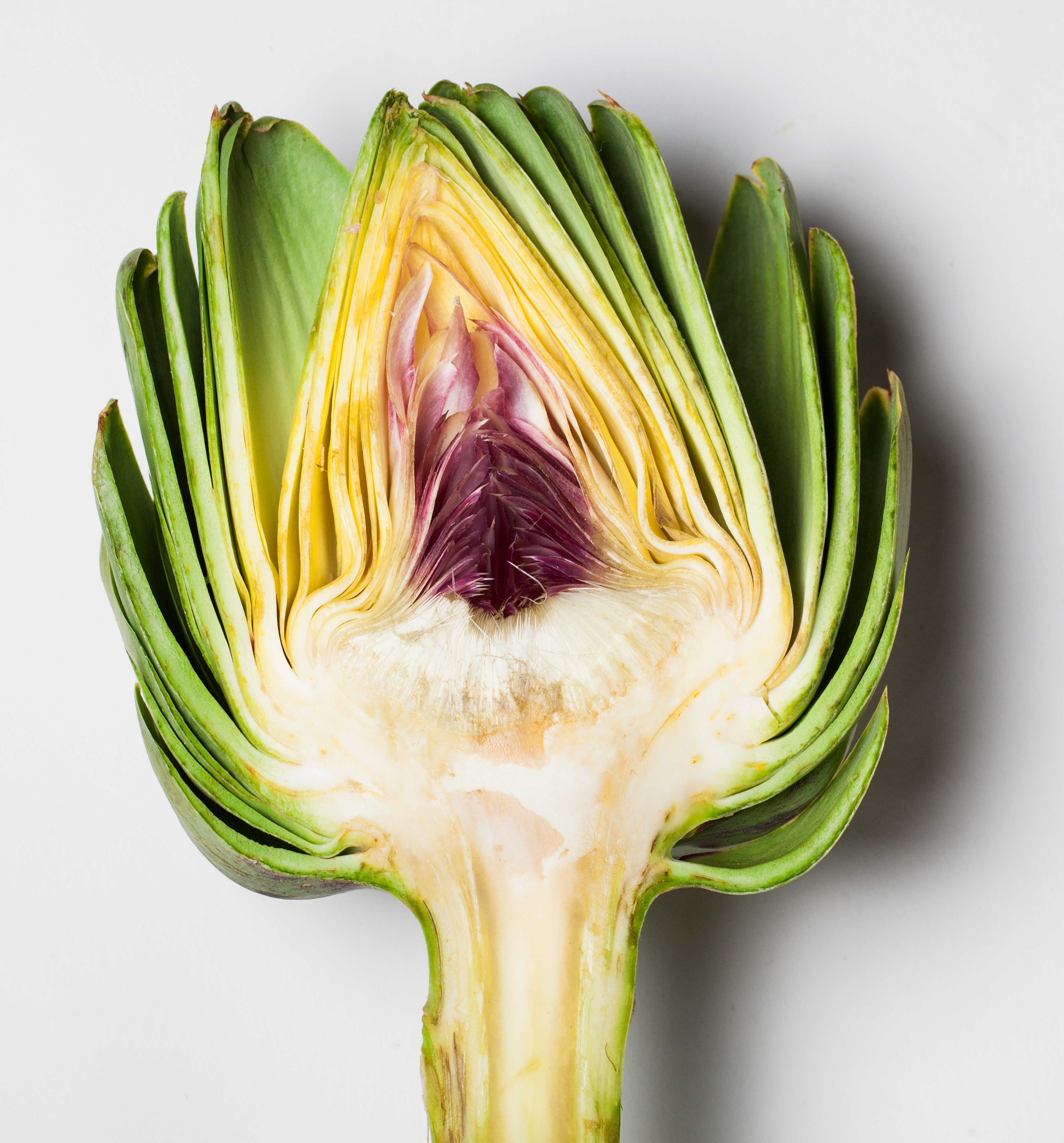 What is Dietary Fibre?
What is Dietary Fibre?
Dietary fibre is the part in fruits, vegetables, grains, beans, cereals and legumes that is not digestible by humans. It is also known as roughage and passes through the digestive tract and along the way it soaks up toxins and carries them out of the body.
Types of Dietary Fibre & What They Do:
Fibre is commonly known as soluble and insoluble. These two type of fibres work together to maintain good health.
Soluble: These are found in fruit, vegetables, oat bran, barley, nuts, seeds, beans, psyllium, lentils, and peas.
Soluble fibre dissolves in water and forms a gel like substance that slows down digestion and gives a sense of fullness.
Insoluble: These are found in wheat bran, vegetables and whole grains. They are found in high fibre breads, cereals and are the skin in fruit, vegetables, nuts and seeds.
Insoluble fibre adds bulk to stools and help the stool go through the digestive tract working like a broom to sweep the colon of garbage and remove it from the intestinal tract. They absorb water rather than dissolve.
What are the Health Benefits of Dietary Fibre?
There are a number of benefits to including enough dietary fibre in your diet, these include:
- preventing constipation & improving bowel health
- may help to lower cholesterol levels
- lower the risk of diabetes
- serve as prebiotics creating a better environment for good gut bacteria
- give a sense of fullness therefore help control overeating & improve satiety
Who is Dietary Fibre Important for?
The simple answer to this question is that dietary fibre is important for everyone.
Numerous studies have been conducted to confirm the above health benefits of fibre in adults but few studies have been conducted to prove the same benefits exist for children.
Obesity, diabetes and constipation in children are serious and increasing health issues. These conditions may have a serious impact on children’s health and as a result may have an effect on their well-being and their academic performance.
How Much Fibre Do We Need?
The heart foundation recommends that adults consume approximately 30 gr of fibre per day.
The foundation recommends that children under 8 should consume approximately 18 gr of fibre and older children should consume approximately 24 – 28 gr of fibre.
The Queensland government reminds us that maintaining water intake is essential to having fibre do its job. They recommended that adults consume 2 litres of water per day and children consume 1 – 1.5 litres of water daily.
As well as consuming fibre and maintaining fluid intake, regular physical activity should be part of everyone’s daily routine.
Examples of Fibre Quantities in Food:
Almonds ¼ cup = 5 gr
Apple 100 gr = 2.4 gr
Avocado 100gr = 7 gr
Baked beans 1 cup = 10 gr
Banana 1 medium = 3 gr
Black beans 1 cup cooked = 15 gr
Broccoli 1 cup = 5 gr
Brussel sprouts 1 cup = 6.4 gr
Bulgur 1 cup = 8.2 gr
Carrot 1 medium = 1.5 gr
Chia seeds 2 tbsp = 11 gr
Chickpeas cooked 1cup = 13 gr
Corn 1 cup = 4.2 gr
Figs dried 2 medium = 3.7 gr

Lentils cooked 1 cup = 15.6 gr
Lima beans cooked 1 cup = 13.2 gr
LSA 3 tbsp = 5.6 gr
Oat Bran 50 gr = 9.7 gr
Oatmeal cooked 1 cup = 4.0 gr
Pasta “Whole Wheat” 1 cup cooked = 6.3 gr
Pear 1 medium = 5.1 gr
Peas 1 cup = 8.8 gr
Popcorn 100gr popped = 14.5 gr
Psyllium 1 tbsp = 6 gr
Split peas cooked ½ cup = 8gr
Summary
Breakfast
Oatmeal, Chia Seeds, LSA and 1 pear = 25.7 gr
Apple, Banana chopped with chia seeds, LSA = 22gr
Lunch
Baked beans with salad = approx. 14 gr
Black beans with avocado, tomato & salad = 24 gr
Bulgur salad, cucumber, parsley carrot & tomato = approx. 14.5
Dinner
Lentil Dahl, carrot, mixed vegetables = 21 gr
Whole meal pasta & vegetable/tomato sauce = approx. 12 gr
Before bed
If extra fibre needed have 2 tbsp psyllium in juice = 12 gr
Fibre products are available but there are more benefits in learning how to incorporate a diet rich in fibre and loaded with nutrition to your daily routine.
Meat can accompany any of these suggestions but it is important to remember meat, fish, dairy & eggs have no fibre content.
Marilyn Lemaire is a Clinical Naturopath with over 20 years experience & a masters in Herbal Medicine. Marilyn is passionate about all aspects of herbal medicine & holistic health care.



